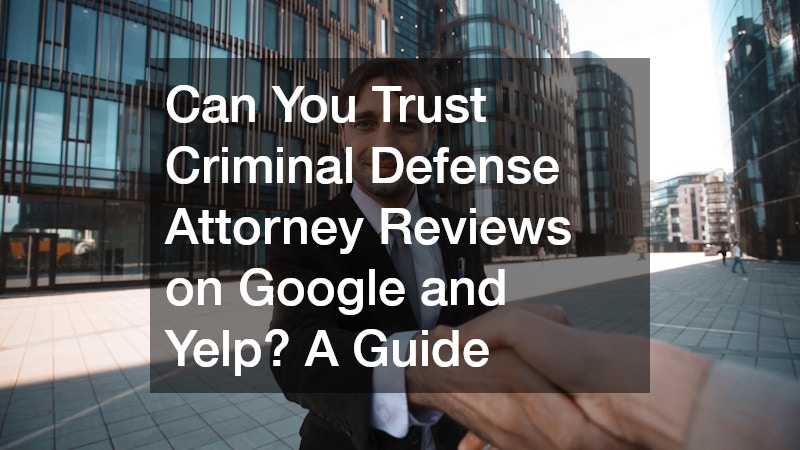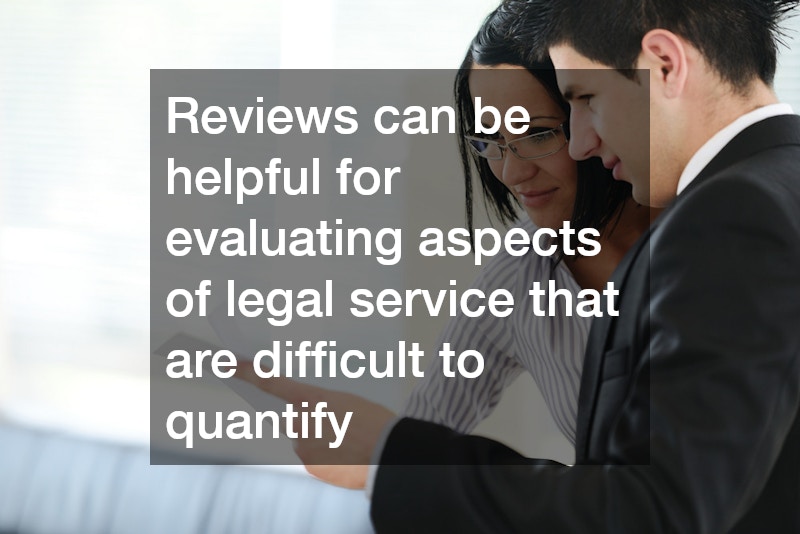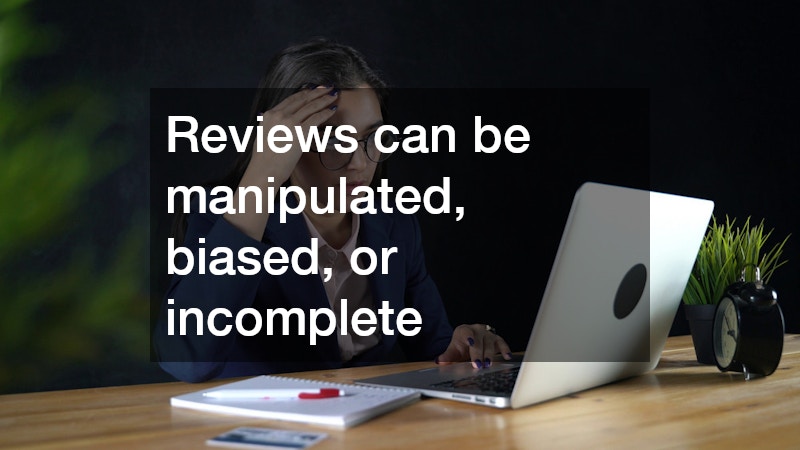
Key Takeaways
-
Online reviews are useful but should not be the sole factor in selecting a criminal defense attorney.
-
Google and Yelp are susceptible to fake reviews, biased opinions, and algorithmic distortion.
-
Legal-specific platforms like Avvo and Martindale-Hubbell provide more verified and credible information.
-
A thorough evaluation should include multiple platforms, detailed feedback, and verified credentials.
-
Ethical reputation management is critical for defense attorneys to maintain credibility online.
-
Cross-referencing online reviews with professional experience and personal consultations ensures a more informed selection.

Choosing the right criminal defense attorney is one of the most critical decisions anyone can make when facing legal challenges. With so much at stake, clients increasingly turn to online reviews to evaluate potential lawyers before scheduling consultations. Google and Yelp are two of the most frequently consulted platforms, providing star ratings and written testimonials. However, these reviews can be misleading if taken at face value. Positive reviews may be inflated, negative ones may reflect personal frustration rather than professional misconduct, and algorithms often determine which reviews are most visible. While online feedback can offer insight, it should never be the sole factor in selecting a criminal law attorney.
In this guide, we explore how to critically evaluate attorney reviews, with a focus on criminal defense attorneys. We explain how Google and Yelp handle reviews, highlight their limitations, and introduce alternative, more reliable platforms like Avvo, Martindale-Hubbell, and Lawyers.com. Whether you are searching for a defense lawyer for a DUI, a white-collar crime case, or a serious felony, understanding the nuances of online reviews is essential for making an informed decision.
The Role of Online Reviews in Choosing a Criminal Defense Attorney
Online reviews have become a major influence on client decision-making. Many individuals cannot assess the technical skill of a criminal defense attorney on their own, so they rely on social proof from previous clients to gauge professionalism, effectiveness, and communication skills. Reviews can provide useful insight into the attorney-client relationship, highlighting how responsive the attorney is, how clearly they explain legal processes, and whether they handle cases with competence and ethical standards. That said, reviews often reflect subjective experiences rather than objective legal outcomes, meaning they must be carefully interpreted.
Key Factors Reviews Can Reflect:
-
Communication and responsiveness: Does the attorney return calls promptly and explain legal strategies clearly?
-
Professionalism: Was the defense lawyer courteous, ethical, and respectful throughout the case?
-
Case management: Did the attorney provide updates and keep the client informed?
-
Client satisfaction: Were expectations met regarding case outcomes, billing, and advice?
Reviews can be particularly helpful for evaluating aspects of legal service that are difficult to quantify, such as courtroom demeanor, negotiation skills, and the attorney’s ability to provide reassurance during stressful proceedings. However, they are often less reliable for measuring actual legal skill or strategic decision-making.
How Google Reviews Work for Criminal Defense Attorneys
Google reviews are highly visible and often the first source potential clients consult. Users can rate attorneys on a scale of 1 to 5 stars and provide written comments about their experience. The platform allows almost anyone with a Google account to post a review, which means there is no verification that the reviewer was an actual client. Google’s algorithms prioritize newer reviews and those deemed most helpful, but this can create a skewed representation if extreme reviews are highlighted while more nuanced feedback is buried.
Challenges of Google Reviews:
-
Lack of verification: Any user can post a review, regardless of whether they used the attorney’s services.
-
Potential for fake reviews: Competitors, disgruntled former clients, or even employees may post misleading feedback.
-
Limited context: Star ratings do not convey the complexity or nuance of criminal cases.
-
Algorithmic bias: Reviews may be displayed in an order that does not reflect their credibility or relevance.
Practical Tips for Evaluating Google Reviews:
-
Focus on detailed feedback rather than just star ratings. Comments describing communication, courtroom performance, and legal strategy are more informative than generic praise or criticism.
-
Compare patterns across multiple reviews to identify consistent strengths or weaknesses.
-
Cross-check Google reviews with verified legal platforms to ensure the information aligns with professional qualifications and ethical standing.
How Yelp Reviews Work for Criminal Law Attorneys
Yelp operates differently from Google, emphasizing community moderation and filtering to display only the most credible reviews. While this system reduces some fraudulent activity, it also introduces limitations, particularly for criminal defense attorneys. Yelp filters reviews based on user activity and other internal criteria, which may cause legitimate feedback to be hidden. Unlike Google, Yelp discourages attorneys from soliciting reviews due to professional ethics restrictions, limiting the volume of available client feedback.
Considerations When Using Yelp:
-
Reviews may be filtered or hidden, reducing visibility of genuine client experiences.
-
No verification is performed to confirm the reviewer was an actual client of the criminal defense attorney.
-
Extreme opinions can dominate the visible feedback, skewing perception of overall service quality.
-
Yelp’s algorithms prioritize activity and engagement over professional credentials or case outcomes.
Practical Tips for Using Yelp:
-
Focus on reviews that describe specific behaviors, such as courtroom preparation, negotiation skills, and responsiveness.
-
Be aware of the emotional context of criminal cases; clients may express frustration due to case outcomes beyond the attorney’s control.
-
Always cross-reference Yelp feedback with other sources to build a complete picture of the attorney’s performance.
Challenges of Relying Solely on Online Reviews
While Google and Yelp provide accessibility and volume of feedback, relying solely on these platforms can be risky. Reviews can be manipulated, biased, or incomplete. A single negative review may misrepresent the attorney’s abilities, while overwhelmingly positive feedback may be inflated or fake. Additionally, online platforms often prioritize recent activity or extreme opinions, which can overshadow nuanced and accurate assessments.
Common Risks Summarized in Bullet Points:
-
Lack of verification that reviewers were actual clients.
-
Short, vague reviews providing minimal insight into attorney performance.
-
Algorithmic filtering hiding legitimate reviews or emphasizing extreme opinions.
-
Reviews that focus exclusively on outcomes without context about attorney professionalism or case complexity.
-
Emotional bias in client feedback, particularly in high-stakes criminal cases.
These limitations highlight the importance of using online reviews as one component of a broader evaluation process, rather than the sole determinant in choosing a criminal defense attorney.
More Reliable Sources for Evaluating Criminal Defense Attorneys
Several legal-specific platforms offer more credible and verified feedback for clients seeking criminal defense representation. These platforms combine client reviews with professional verification and peer evaluations to provide a more accurate picture of an attorney’s competence and ethical standing.
Avvo:
-
Offers verified client reviews alongside attorney ratings based on experience, professional achievements, and disciplinary history.
-
Provides peer endorsements, adding a layer of professional validation to client feedback.
-
Includes detailed profiles with practice areas, helping clients find attorneys with relevant experience.
Martindale-Hubbell:
-
Peer-reviewed ratings evaluate legal ability and ethical standards, giving clients insight into professional reputation.
-
Profiles include bar membership verification, certifications, and detailed practice information.
-
Focuses on credibility and competence, particularly useful for evaluating criminal defense attorneys handling complex cases.
Lawyers.com:
-
Features client testimonials, attorney profiles, and practice area verification.
-
Offers additional context for understanding attorney experience in specific criminal law areas.
-
Provides a balance between client perspective and verified professional credentials.
Benefits of Using Legal-Specific Platforms (Bullet Points):
-
Verified client feedback reduces the risk of fake or biased reviews.
-
Professional and peer endorsements provide insight into ethical conduct and courtroom performance.
-
Profiles often include detailed case types and specializations.
-
Reliable for comparing attorneys based on verified skills and experience rather than star ratings alone.
How to Evaluate Online Reviews for a Criminal Defense Attorney
Evaluating online reviews requires a structured approach to separate helpful feedback from unreliable or biased content.
Steps for Effective Evaluation:
-
Check multiple sources: Consult Google, Yelp, Avvo, Martindale-Hubbell, and Lawyers.com for a comprehensive perspective.
-
Prioritize detailed feedback: Focus on reviews that describe communication, strategy, and professionalism rather than just outcomes.
-
Assess review recency: Recent feedback better reflects current service quality and attorney approach.
-
Balance positive and negative reviews: Extreme opinions are less reliable; look for patterns across multiple clients.
-
Verify credentials: Confirm bar membership, disciplinary history, and professional certifications.
-
Identify patterns: Consistent comments on responsiveness, negotiation, or courtroom skill provide more meaningful insight.
Red Flags in Bullet Points:
-
Extremely short or generic reviews with no substantive details.
-
Multiple reviews from the same location or IP address, suggesting manipulation.
-
Overly positive reviews posted in a short timeframe.
-
Reviews that focus solely on case outcomes without commenting on attorney professionalism.
How Criminal Defense Attorneys Can Ethically Manage Online Reviews
Attorneys must manage online feedback carefully while complying with ethical guidelines. Bar associations generally prohibit soliciting reviews in exchange for incentives and require attorneys to maintain client confidentiality when responding to reviews.
Best Practices:
-
Encourage clients to leave reviews naturally without incentives.
-
Respond professionally to negative feedback while avoiding disclosure of confidential information.
-
Monitor online presence regularly to correct inaccurate or misleading information.
-
Maintain consistent profiles across multiple platforms to ensure an accurate representation of the attorney’s services.
Ethical Guidelines (Bullet Points):
-
Never post fake reviews or manipulate ratings.
-
Avoid discussing case-specific details publicly.
-
Use reviews to improve client service and communication, not solely as a marketing tool.
Case Studies Highlighting the Importance of Multiple Review Sources
DUI Defense:
A Google review criticized a defense attorney for slow communication. While the star rating was low, verified Avvo reviews praised the attorney’s negotiation skills and ability to reduce charges. This example illustrates why cross-referencing platforms is critical.
White-Collar Crime:
Yelp reviews of a criminal defense attorney specializing in financial crimes included extreme criticism over billing disputes. Martindale-Hubbell peer endorsements highlighted the attorney’s courtroom expertise and professional reliability, demonstrating the need for professional verification.
Felony Charges:
A high-profile felony case generated emotional negative reviews on Google. Lawyers.com testimonials provided context on case complexity and strategic decision-making, showing how verified platforms can balance client perspective with professional evaluation.


